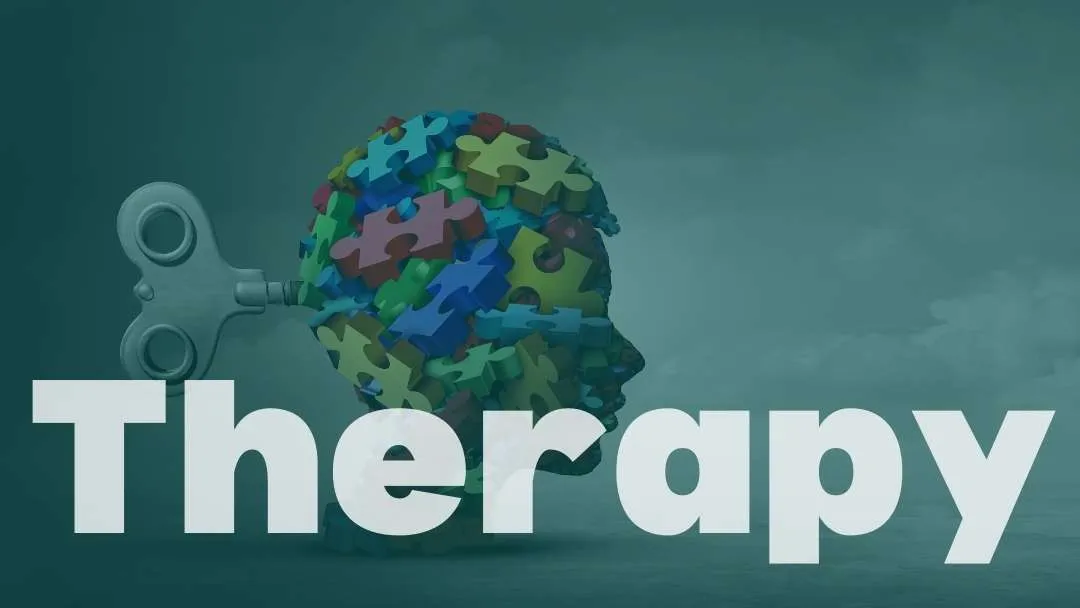
Most of us have the ability, in one form or another, to pick up on other people’s emotions, or to put ourselves in their shoes and imagine what life might be like, seeing the world as they do. These are two key components of empathy - emotional and intellectual.
Having this ability allows us to help others to heal, and perhaps more importantly, to enable our own healing.
In many new age and hippie circles, people like to use the phrase “hold space”. It sounds like a vague term, but as it turns out, there is a kind of science to it. In humanist psychologist Carl Rogers’ book “On Becoming A Person”, he outlines three key components: empathy, congruence and unconditional positive regard.
By embodying these three characteristics or habits, we can provide a positive model for those around us, to show them how to process their emotions especially in hard times.
Perhaps the calling of an empath is this:
To understand ourselves, our own emotions. As in the quote attributed to Albert Ellis, “We can only understand others to the extent and the manner in which we understand ourselves.”
Thereby, we can understand others.
By understanding others, we allow them to understand themselves.
This episode first appeared as a guest episode on Erika Harris’s podcast, “The Work of The Empath”.
For the podcast, follow this link.
